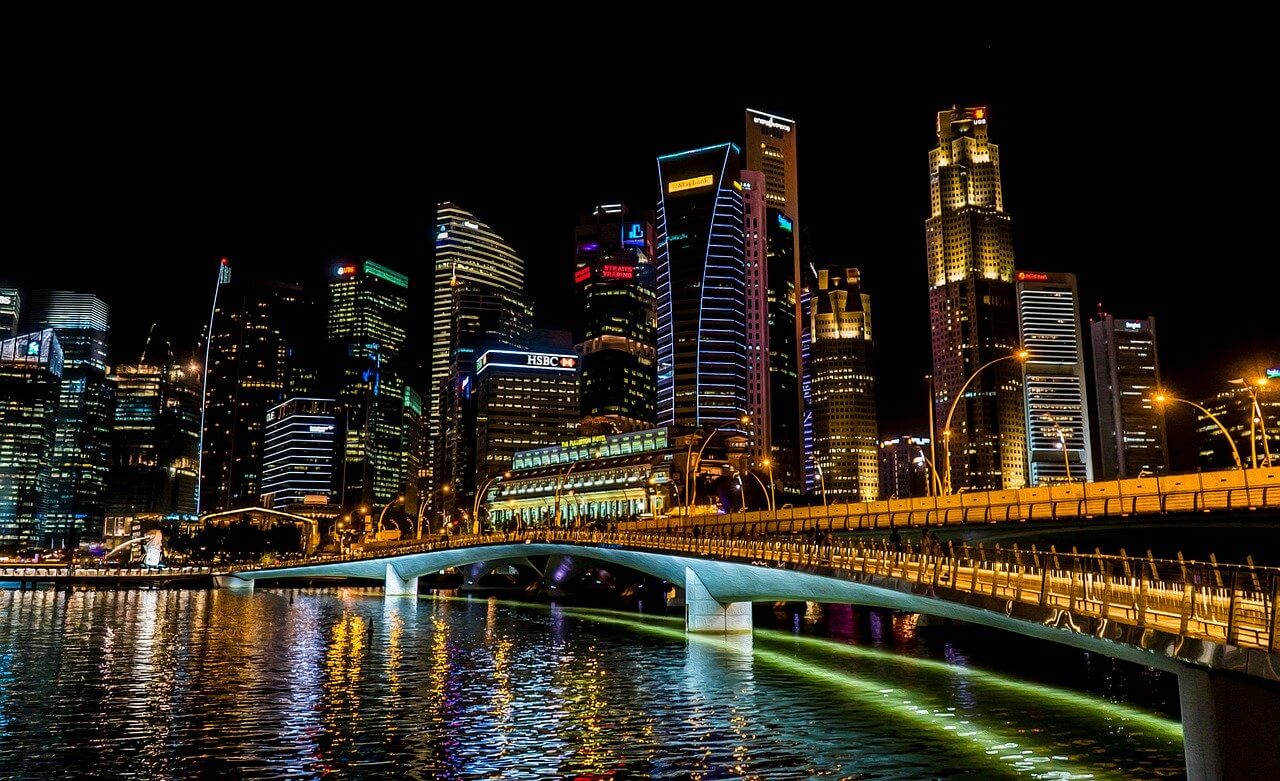MBA Admissions Advice for Applicants from Asia
June 04, 2020 |
Join our free, live webinar, A Winning MBA Admissions Strategy for SE Asian Applicants, on June 6/7 (depending on your time zone).
I’m hosting this one-hour strategy session designed for students from the ASEAN region, along with my Fortuna Admissions colleagues Judith Silverman Hodara, Nonie Mackie and Heidi Hillis. We’ll explore the unique benefits and opportunities of a global MBA in Asia, along with tips and strategies for positioning your application to these and/or top tier US programs in what’s looking to be a highly competitive application cycle this fall.
First, many of my clients don’t realize how their Asian heritage coupled with academic and/or work experience in the US or Europe give them a competitive advantage. I recently worked with a young woman who went to boarding school and college in the US while maintaining close ties to her family business in Taiwan. She spoke fluent Taiwanese and English, and had strong work experience in both the US and Canada. Corporations know you can send people like this candidate anywhere and they will not only adapt but flourish – I call these people “third culture adults” because they’re culturally adept, speak multiple languages, and seamlessly navigate different contexts and cultural complexity. All the things you need in a pandemic like the one we’re experiencing.
“Schools like Harvard, Stanford, and Wharton will be looking to find the most creative, resilient, and forward-thinking candidates to ensure that their graduates will be at the forefront of leading the post-Covid-19 world,” says my Fortuna Admissions colleague Heidi Hillis, Stanford GSB alum and former GSB admissions interviewer. “Competition for these spots will be fierce, but being able to bring a deep cultural expertise along with demonstrated success in the world’s fasted growing region can be a real differentiator.”
I often work with candidates who hail from Asia or are based in Asia like me (I have lived in Singapore for over 15 years), and it’s no surprise that their target schools are typically among the US M7. For the record, I always encourage clients to apply to their dream programs. And, because they tend to be a wildly talented and worldly bunch with academic and work experience in multiple countries, I also urge them to consider top international MBA programs such as INSEAD and London Business School. Yet, now more than ever, programs like Shanghai-based CEIBS and National University of Singapore Business School are also among my top recommendations.
Getting into and earning an MBA from an elite institution has always been a formidable challenge. But today’s complexity and uncertainty due to the Covid-19 pandemic has raised a host of unprecedented and practical issues related to mobility (i.e. student visas) and career prospects post-graduation – particularly for Asian students with their sights set on the US or Europe. We’re seeing a trend towards studying closer to home, given the difficulty of global travel due to the pandemic, and the uncertainty about how long these conditions will continue. At the same time, the level of rigor, relevance, and prestige of top Asian business schools located on the doorstep of the world’s fastest-growing economies has skyrocketed in the last decade.
That’s why now is actually an excellent opportunity to broaden your school selection to also consider a top business school in Asia, particularly if you’re someone with Asian roots, regional ties, or Asian experience/expertise.
This year, a record 13 Asian business schools rank among the top 50 in the Financial Times Global MBA Ranking of 2020. In 2018, the Asian varsities’ level of rigor and relevance prompted the FT’s Jonathan Moules to declare that “the center of gravity for the MBA is moving from West to East.”
Since then, many MBA candidates have begun to see the appeal of Asian business schools. Applications to schools in the Asia-Pacific region rose 8.9% last year (even as US demand fell), according to Graduate Management Admissions Council.
It’s an impressive feat given that business education in Asia is little more than 30 years old, and that back in 1999 not a single business school in the FT global ranking was from Asia. But, it also speaks to the economic shift happening worldwide, in which predictions still anticipate that China will become the world’s largest economy before 2030.
WHICH ARE THE BEST MBA PROGRAMS IN ASIA?
According to the FT, they are led by Shanghai-based CEIBS (China Europe International Business School), which has maintained its position at #5 for the second consecutive year. That’s up from #8 in 2018 – the first time a mainland Chinese school was ranked among the world’s top 10 (HKUST in Hong Kong ranked #8 in 2013 and takes #19 this year). National University of Singapore Business School moved up two spots to #15. Fudan University School of Management and Renmin University capture #33 and #35 respectively, while Shanghai Jiao Tong University: Antai (China) leaped to the top 50 for the first time at #37 from #51 last year. Given the addition of Shanghai University of Finance and Economics: College of Business at #47 and CUHK Business School at #50 (up 7 places), that makes a total of 9 South Asian business schools in the FT top 50 this year (and 13 in greater Asia, including Indian Institute of Management Bangalore and Indian School of Business).
But there are also a host of programs with joint degrees and joint ventures to consider. Fortuna’s Nonie Mackie, former Assistant Director at the INSEAD Singapore Campus with the Careers Services Team, speaks to the many benefits of pursuing the INSEAD MBA on its Singapore campus.
“Being part of the INSEAD MBA program and being immersed into Asian living in Singapore allows students to gain a deep understanding about Asian business culture and offers them exposure to developing a solid professional network in this region, which is a great advantage for those looking to pursue full-time employment here,” says Nonie. “Singapore’s close geographic proximity to many other Asian economic hubs makes it an excellent base from which to explore and travel to other markets. This makes participating in sector or company treks, attending conferences or tradeshows and meeting INSEAD’s huge network in various Asian countries easy and possible.”
I can also corroborate Nonie’s observation that Singapore, like many other Asian cities, is becoming an Asian hub for entrepreneurs and startups, making it an exciting place to be for those looking to grow something of their own or joining companies which are ramping up for expansion and growth.
For more insights and advice, and a chance to have your questions answered, register now for our free, live webinar, A Winning MBA Admissions Strategy for SE Asian Applicants, on June 6/7 (depending on your time zone).
Want more free advice? For a personal, candid assessment of your chances, you can sign up now for a free consultation.

